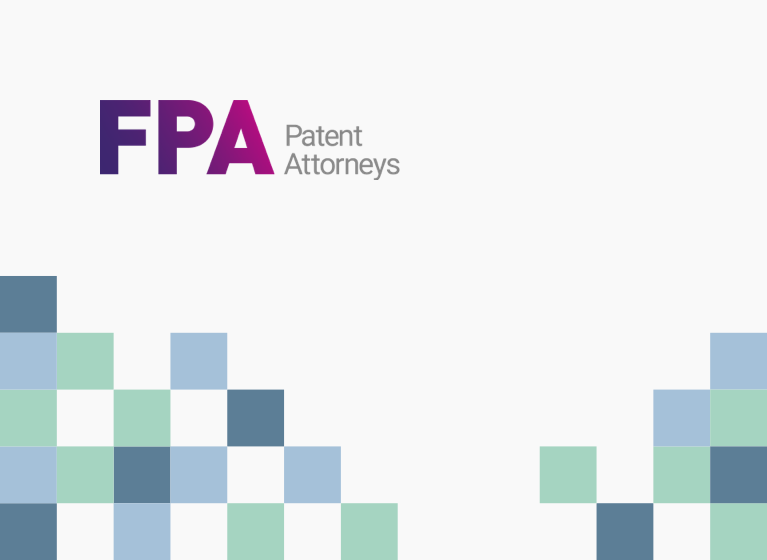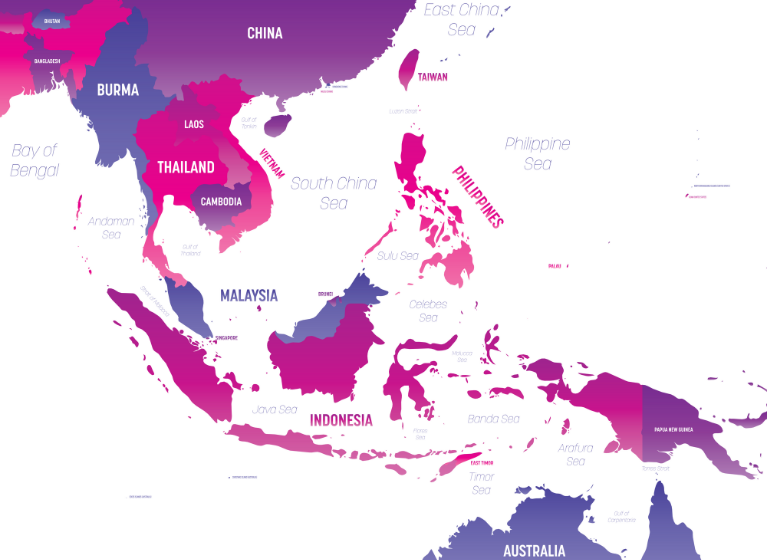Filing to grant
The government agency responsible for grant of patent rights in Indonesia is the Direcktorat Jenderal Hak Kekayaan Intelecktual and can be accessed here: http://www.dgip.go.id/
| Key prosecution event | Deadline |
|---|---|
| Paris Convention filing | 12 months from earliest claimed priority |
| PCT national phase entry | 31 months from earliest claimed priority |
| Substantive examination request | 36 months from the International filing date or Convention filing date |
| Divisional application | before the issuance of decision on grant of patent or decision of refusal of application |
Indonesian national phase entry
Indonesian national phase applications must be filed by 31 months from the earliest claimed priority date. An Indonesian translation must be filed within 1 month of date of entry into national phase. A Power of Attorney, Declaration of Entitlement and an original or notarised copy of assignment of priority documents (in English) are required after filing.
Indonesian Convention applications
Indonesia is a Convention country, meaning that an Indonesian application can be validly filed within 12 months from filing a priority application according to the Paris Convention for Protection of Industrial Property. An Indonesian translation is required within 1 month from the date of filing. A Power of Attorney, Declaration of Entitlement and an original or notarised copy of assignment of priority documents and a certified copy of priority document (in English) are required after filing.
Examination and acceptance of an Indonesian patent application
The application will be generally be published soon after the 18 months from the priority date. Any person who intends to file third party observations on the application will then have 6 months in which to do so. The period is 3 months in respect of a Simple Patent.
A request for examination must be filed within 36 months from the filing date (the international filing date for a national phase application). The Indonesian Patent Office will not issue a Direction to request examination.
The examiner may conduct a new search but is also likely to rely on any examination reports issued for corresponding applications in Europe, US, Australia and others.
The grounds for examination are: novelty (absolute), inventive step, patentable subject matter and industrial applicability.
The following subject matter is not considered patentable:
- any process or product of which the announcement and use or implementation contravenes the prevailing rules and regulations, religious morality, public order or ethics;
- methods in respect of the prevention, diagnosis and treatment applied to humans and/or animals;
- any theory and method in the field of science and mathematics;
- all living creatures, except micro-organism; and
- any biological process which is essential in producing plant or animal (except non-biological process or microbiological process.
An applicant has 4 months to respond to official actions sent by the Patent Office. A further extension may be requested if required.
Divisional applications
Divisional applications may be filed at any time up until completion of examination of the original application.
Utility patents
Indonesia has a second-tier patent system which allows grant of ‘Simple Patents.’ A simple patent can be obtained for a product or device which is new and has practical value but is not necessarily inventive. Simple patents cannot be obtained for methods, processes or uses or ‘products by process’. The term of a Simple Patent is 10 years from filing date.
Micro-organisms
Indonesia is not a signatory to the Budapest Treaty. However, the Indonesian Patent Office generally applies the Treaty to applications relating to micro-organisms as if it was a signatory and so will nonetheless take the deposit into consideration when determining whether or not the description is sufficient.
Oppositions
There is no opposition or re-examination procedure available in Indonesia. After grant, any person may seek to revoke a patent, through the courts.
Pharmaceuticals
There is no patent term extension available in Indonesia.
There is no legislation to provide data exclusivity in Indonesia. The National Agency of Drug and Food Control protects the confidentiality of an applicant’s data by preventing disclosure to a third party.

